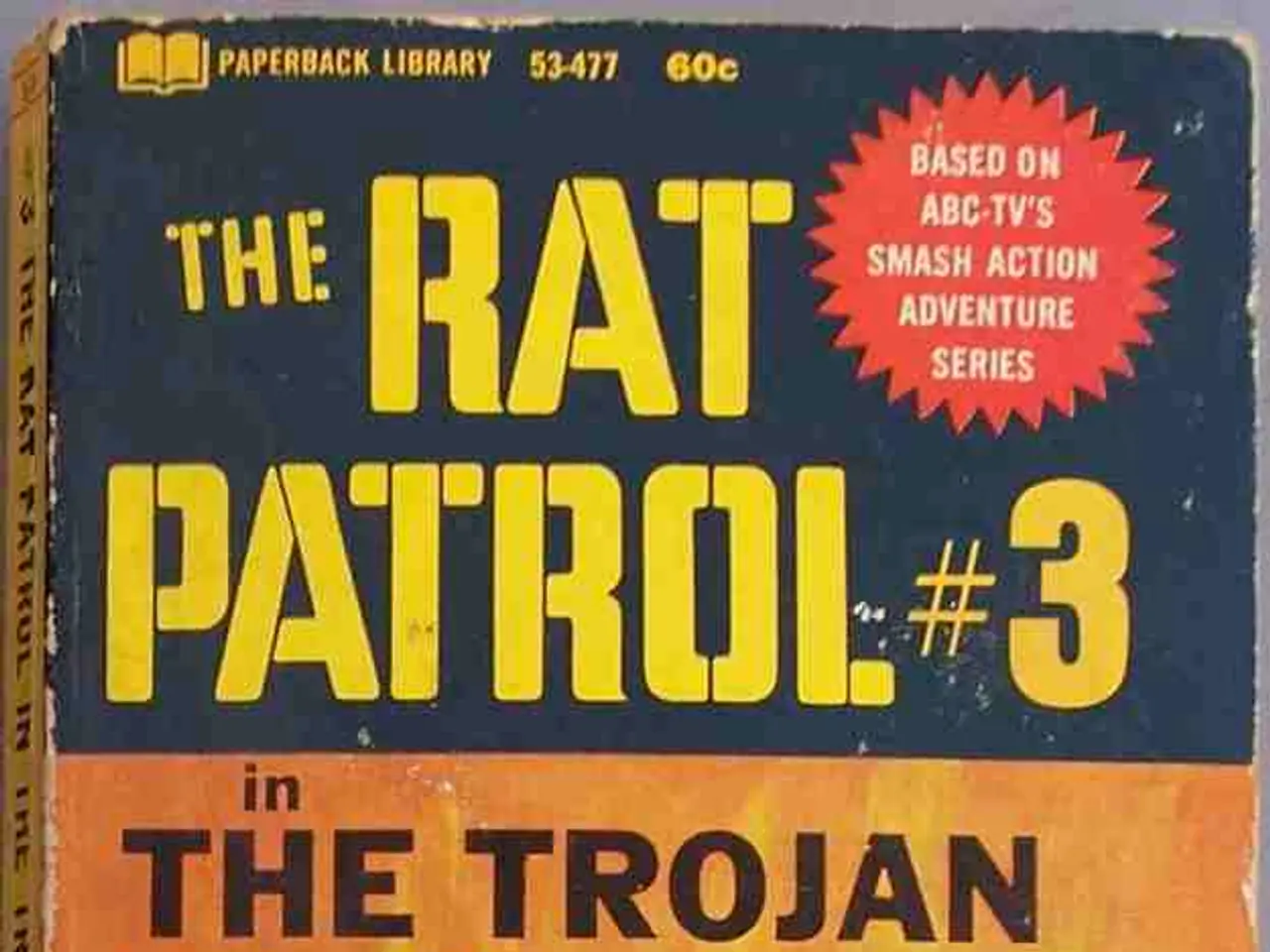Strict police vetting of investors anticipated in Vietnam's planned reforms
In a move aimed at dealing with a more complex international situation dominated by strategic competition, the Vietnamese government has proposed a new decree that could potentially reshape the country's business landscape. The proposal, which is open for comments from other ministries until September 22, outlines stricter security measures for foreign-invested projects.
The public security ministry, backed by national and local police forces, will establish security conditions for projects to proceed, including those involving foreign investors. If passed, the decree could give the police the power to veto projects, potentially increasing compliance costs and delaying them.
The ministry will develop a mechanism to supervise and inspect foreign aid projects as well. However, it did not specify which nations are involved in this strategic competition.
The proposal includes a comprehensive appraisal of the impacts on security, social order, and safety for foreign-invested projects. This appraisal will be crucial in ensuring that projects adhere to strict building regulations, maintain the forest's current state, and promote sustainable development. Additionally, problems arising from changed regulations must be resolved, and appropriate traffic routes guaranteed.
The draft document proposes that industrial parks and golf courses require the ministry's approval. It is unclear how extensively the new rules would be applied, if approved, and whether they would concern only future projects.
Vietnam, an export-reliant nation, currently conducts limited security checks on most development projects, giving the police a consulting role. This proposed decree represents a significant shift, with the police playing a more active role in project approval and oversight.
The security ministry will oversee the supervision and inspection of foreign-invested projects in key localities and areas with a large workforce. This move is expected to address concerns about project security, particularly in light of the planned entry of US companies SpaceX and Amazon into Vietnam's satellite communication market.
Some companies have expressed concerns about the draft document, fearing it could increase compliance costs and delay projects. This is a concern shared by multinational corporations operating in Vietnam, such as Samsung Electronics, Honda, and Intel, which have been attracted by the country's low labor costs but have expressed frustration with slow project approvals.
In Communist-run Vietnam, the police play a crucial role beyond security, influencing legislation and showing growing interests in the economy. This is evident in the army's control over a wide array of businesses, including banks and the largest telecom operator Viettel.
Interestingly, a similar decree was implemented in 2019, but it gave the army less explicit powers and was more limited in its scope. The current proposal, if passed, could mark a significant expansion of the security apparatus's powers.
The party leader and Vietnam's most powerful man, To Lam, previously headed the security ministry before moving to the top job. His background in security could influence the implementation of this new decree, should it be passed into law. If no major changes are requested, the prime minister could sign the proposal into law.
Vietnam aims to expand its golf industry to nearly 100 courses, with the family business of US President Donald Trump partnering on a large golf resort near Hanoi. The implementation of this new decree could have significant implications for the future of foreign investment in Vietnam's golf industry and other sectors.
Read also:
- United States tariffs pose a threat to India, necessitating the recruitment of adept negotiators or strategists, similar to those who had influenced Trump's decisions.
- Weekly happenings in the German Federal Parliament (Bundestag)
- Southwest region's most popular posts, accompanied by an inquiry:
- Discussion between Putin and Trump in Alaska could potentially overshadow Ukraine's concerns






